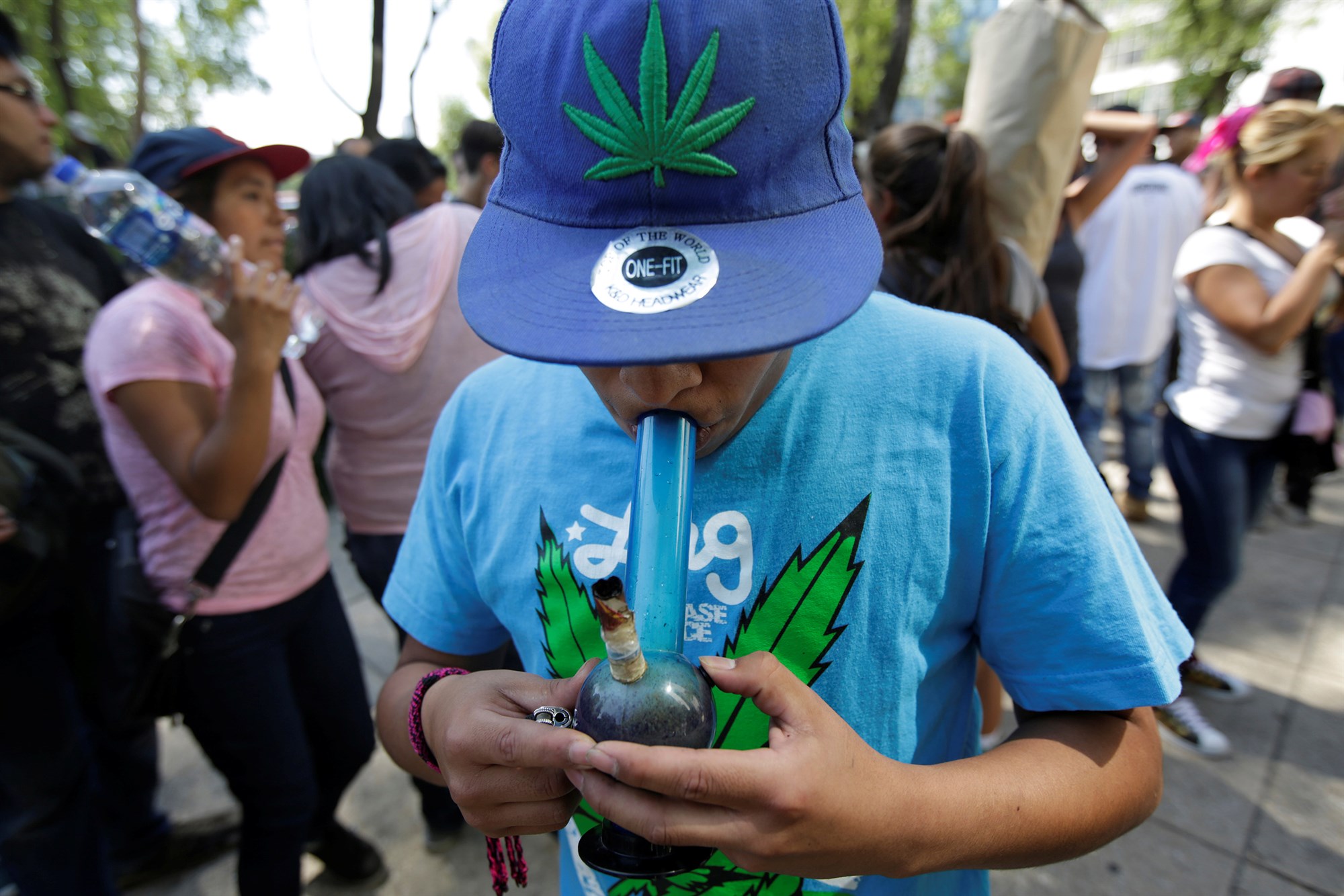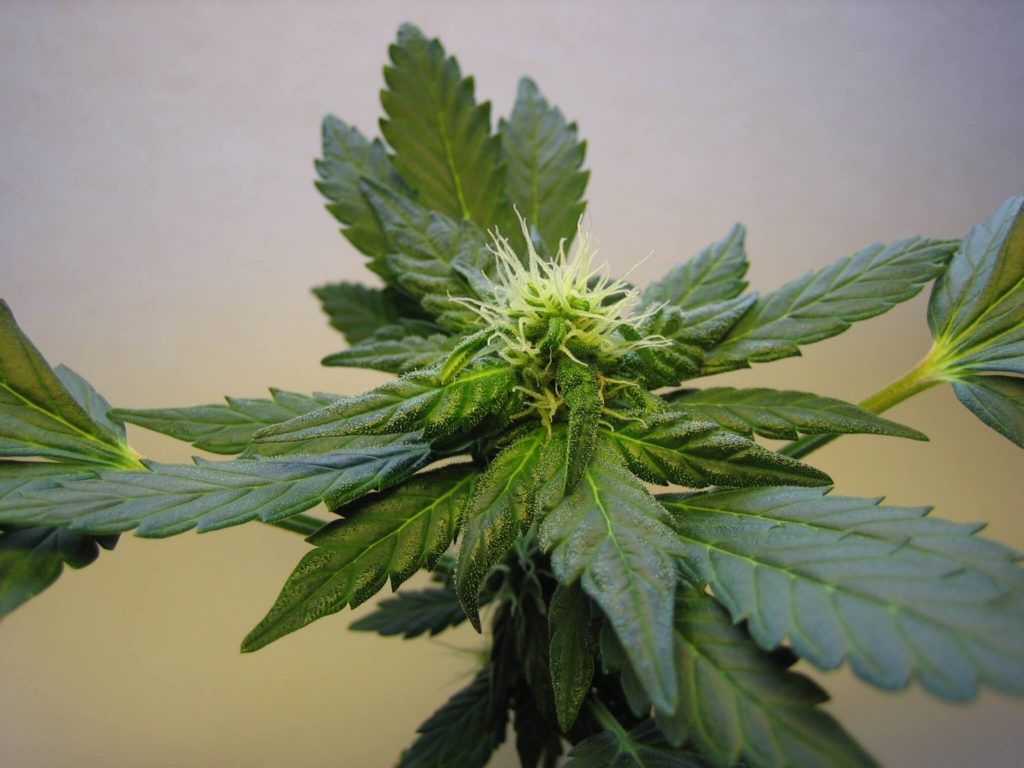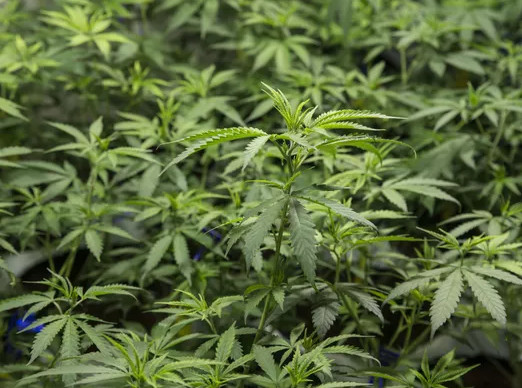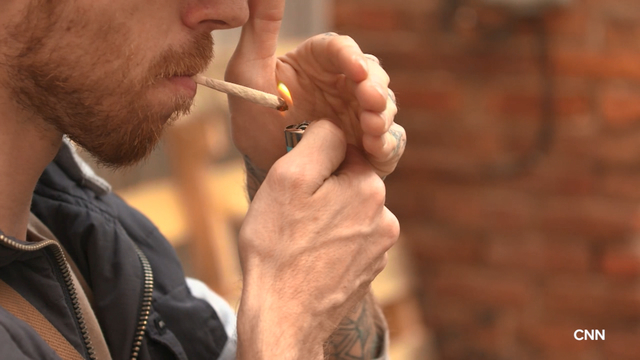Teen brains are more vulnerable to the effects of marijuana than alcohol, a new study finds.
Adolescents who begin using marijuana regularly may suffer lasting repercussions in their thinking ability, according to scientists at the University of Montreal.
To get a more honest account of their marijuana and alcohol consumption, students were assured that parents and teachers would not have access to the information — unless there was an imminent safety risk. The study concluded that marijuana had a more damaging effect on teenagers’ long-term cognitive abilities than alcohol. Even after students reported stopping marijuana, their cognition did not improve.
“Cannabis causes cognitive impairment and delayed cognitive development in adolescents,” Patricia Conrad, the lead author and professor of psychiatry at the University of Montreal, told NBC News. “This study focuses on the neuropsychological effects of cannabis. We think it’s important because it is linked to how someone functions in life.”
It’s not the first research to find that cannabis use may be harmful to teen brains.
In a study published in JAMA Psychiatry in June, University of Pennsylvania scientists analyzed 69 studies involving younger cannabis users. They discovered that young people who used marijuana frequently were more likely to have slightly lower scores on tests of memory, learning new information, and higher-level thinking involving problem solving and processing information — compared to non-users.
More research is needed to determine how and why the brain is affected by early marijuana use, scientists say. But the longer-term social implications of marijuana use in teens are more well known.In 2014, The Lancet Psychiatry famously reported that teens who smoke marijuana daily are 60 percent less likely to graduate from high school or college than those who never use — and seven times more likely to attempt suicide.













